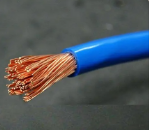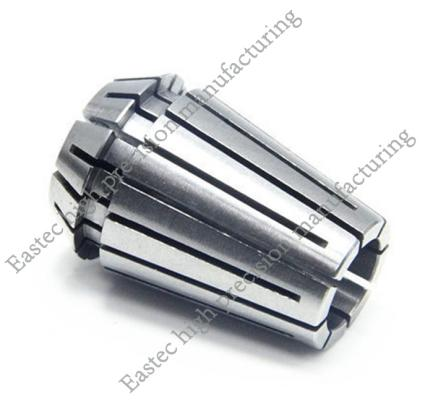H | Causes hydrogen embrittlement, leading to brittleness and cracking. It can also increase the magnetic permeability and hardness of steel.
B | Used to improve the hardenability of steel by substituting more expensive elements like nickel, molybdenum, and chromium. Boron cannot be fully replaced by other elements.
C | The main component affecting steel properties, increasing strength, plasticity, and hardness with its content. Excessive carbon leads to a decrease in toughness and weldability.
N | Similar to nitrogen, it strengthens the material significantly but can also lead to an increase in cold brittleness and reheat cracks.
O | Oxygen is generally harmful as it forms oxide inclusions that affect the mechanical properties of steel negatively.
P | Phosphorus increases the strength and hardness of steel but severely reduces ductility and toughness, especially at low temperatures.
S | Sulfur forms low-melting-point sulfide inclusions that cause hot shortness and reduce impact toughness and weldability.
Si | Silicon is used as a deoxidizer during steelmaking and can dissolve in iron to form a solid solution, improving the yield strength and elastic limit of steel.
Mn | Manganese enhances the strength, hardness, and wear resistance of steel while maintaining good ductility and toughness.
Co | Cobalt is added to specific steels for high-temperature hardness, improving corrosion resistance, and enhancing the properties of heat-resistant steels and maraging steels.
Ni | Nickel improves strength, toughness, and hardenability, providing excellent corrosion resistance, especially when combined with chromium.
Cu | Copper improves the atmospheric corrosion resistance of low-alloy steels and can enhance strength and toughness without harming weldability.
Ga | Gallium dissolves in ferrite, strengthening the material through solid solution and slightly improving corrosion resistance.
As | Arsenic increases the yield strength and tensile strength of low-carbon steel but reduces ductility and toughness.
Se | Selenium improves machinability and texture control in steel, particularly for grain-oriented silicon steel sheets.
Zr | Zirconium refines grain size, improving toughness at low temperatures and overall performance in high-strength steels.
Nb | Niobium increases strength and corrosion resistance, stabilizes the structure at high temperatures, and has a secondary hardening effect.
Mo | Molybdenum enhances hardenability, strength, and toughness, reducing the risk of temper brittleness and improving pitting corrosion resistance.
V | Vanadium improves strength, toughness, and wear resistance; it also helps control grain size and enhances fatigue strength.





 Customer service 1
Customer service 1  Customer service 2
Customer service 2